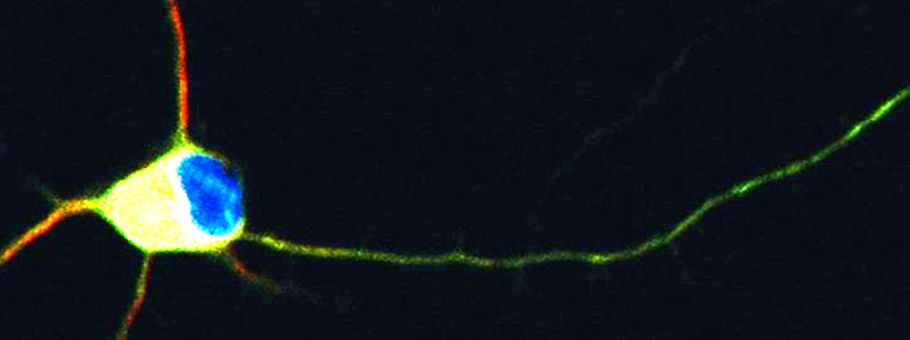Our goal is to understand the molecular mechanisms of neuronal development and regeneration, and to utilize gained knowledge in developing translational approaches for repairing injured central nervous system (CNS) circuits. Several species of lower vertebrates have the capacity to regenerate and repair the injured CNS. However, in mammals the ability for CNS self-repair is lost during maturation.
The failure of the CNS to regenerate is a major unmet clinical problem, which limits recovery of functions after brain injury, spinal cord injury, white matter stroke, and optic neuropathies. For example, these injuries could disrupt the long distance axonal connections between neurons, and lead to disabilities such as paralysis or blindness.
The model system we use to tackle this problem is an injury to the optic nerve in rodents, which is an accepted model of human traumatic optic neuropathy. Furthermore, the approaches which could regenerate axons in this circuit have the potential to repair other CNS circuits as well.
Due to the proprietary nature of the research projects in our lab, detailed information about the research program and rotation projects for PhD students is not available publicly. If you are interested in neuroregeneration research, please schedule an appointment with Dr. Trakhtenberg to learn more about open rotation projects.
An image of immature retinal ganglion cell neuron from Dr. Trakhtenberg's research, adapted for a cover page of the International Review of Neurobiology volume on Axon Growth and Regeneration (Goldberg & Trakhtenberg, Eds, 2012, Vol 106: Academic Press).
